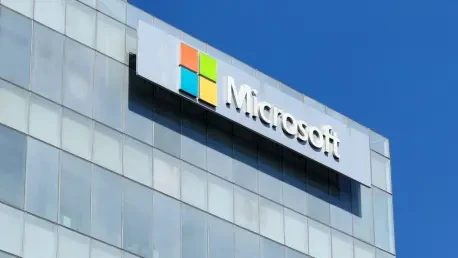Microsoft has embarked on an ambitious and environmentally conscious journey to offset its increasing carbon footprint by partnering with EFM to protect 68,000 acres of forestland on Washington’s Olympic Peninsula. This forest protection initiative, covering an area larger than the city of Seattle, is designed to yield 700,000 carbon credits over the next decade through Microsoft’s investment in EFM Fund IV. The decision underscores Microsoft’s commitment to exploring sustainable forestry solutions as part of its climate strategy. As emissions continue to rise, largely driven by heightened demands on artificial intelligence and data centers, Microsoft aims to achieve carbon-negative status by 2030. The current effort marks a pivotal step in the company’s broader initiative to combine nature-based and technological carbon removal strategies, reinforcing its leadership in combating climate change.
Sustainable Forestry Practices
EFM’s approach to sustainable forestry on the Olympic Peninsula is centered around innovative strategies that extend tree growth periods, reduce ecosystem damage, and employ selective harvesting techniques. By shifting the focus from industrial timber management to these eco-friendly practices, EFM seeks to enhance carbon capture capabilities by transforming working forests into effective carbon sinks. This methodology of holding carbon in soil and vegetation not only contributes to reducing overall emissions but also supports ecosystem health and biodiversity. Through this partnership, Microsoft’s investment in EFM helps catalyze efforts toward preserving critical forestland and promoting sustainable forestry management. EFM’s broader vision involves securing $300 million in investments across forests in the Western United States, echoing Microsoft’s commitment to leveraging both natural and technological solutions for carbon removal.
Leadership in Carbon Removal
Microsoft is taking a leading role in high-durability carbon removal efforts, showcasing its commitment to combating climate change. In 2022, they took a significant step by purchasing 80% of the global supply of high-durability carbon credits, indicating their proactive approach to carbon elimination. This commitment is further emphasized through their collaboration with CO280, planning to remove over 3.6 million metric tons of carbon from a pulp and paper mill. This represents one of the largest deals of its kind, highlighting Microsoft’s dedication to creating impactful climate solutions and setting benchmarks for other organizations. By investing in nature-centric and cutting-edge technological projects, Microsoft demonstrates a comprehensive strategy to tackle climate issues. Their collaboration with EFM further underscores their commitment to incorporating natural and technological solutions into corporate frameworks. These initiatives focus on long-term ecological benefits. Through these steps, Microsoft aims to inspire global actions against climate change, encouraging similar practices across industries.









